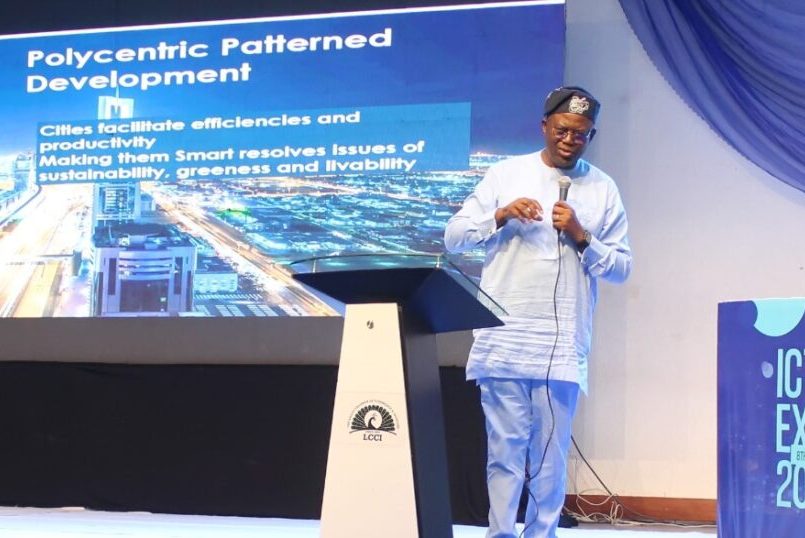Real estate industry stakeholders have called for a shift to sustainability‑driven urban planning to drive futuristic development of Nigeria’s housing industry.
The stakeholders made the call on Tuesday at the July edition of the SmartCity Engage webinar series, with the theme: “Unmasking the Mirage: Why Our Cities Fail Before They Are Built”.
They also called for stronger technical skills across the building ecosystem, and improved government commitment.
Mr Olawale Ayilara, Chief Executive Officer (CEO), Landwey Investment Ltd., said that technology and sustainability must guide the functionality programme of how a community should look and be built.
According to Ayilara, this is important because the future is hinged on sustainability.
He said that as part of sustainability model, Lagos’ limited land mass demanded vertical building style against the unchecked horizontal sprawl.
He also backed greener design rules such as minimum roadside tree cover for developments on major corridors.
He said that painful but necessary sustainability and governance corrections, including converting sensitive zones to conservation areas, would yield long‑term benefits.
Ayilara emphasised the need to address dearth of skills among artisans and urged technical and vocational colleges to prioritise competencies reflective of global sustainability realities.
He called for Public Private Partnership (PPP) to focus on the country’s production sector to support the real estate value chain.
“Lagos could consider creating laws of development that mandate each house built on the express to have at least 15 trees to drive environmental sustainability.
“Necessary but painful actions are needed to correct some irregularities such as converting some areas to conservation areas, having several replicates of the 1004 building models among others,” he said.
Sir Demola Aladekomo, Chairman, SmartCity Plc, urged more players in the real estate sector to embed intentionality and sustainability in their building models.
Aladekomo stated the need for a technical college to train artisans to provide the kind of value the country’s real estate sector needs to reduce building failure and build stronger structures.
He said that focus on technical skills more than certificates was fundamental.
“Cities must be planned with vision and economic anchors to provide quality lifestyle.
“It is also important for government to create policy actions to curb land-ownership interference (“omonile” disruptions).
“Government should also provide incentives and backbone infrastructure that signal a credible, long‑term government commitment to smart, benchmarking cities,” he said.
Dr Tope Mark-Odigie said that real estate conversations must spur awareness to counter misinformation in the property market.
Mark-Odigie said that real estate conversations should help people see opportunities, avoid deceptive practices while unmasking the mirage.
Prof. Roger Tai, Chinese Consultant with SmartCity Resorts Plc, emphasised the need for government’s commitment and citizen’s trust to put the country to begin in the benchmark for sustainable real estate development in Africa. (NAN)(www.nannews.ng)
Edited by Kadiri Abdulrahman



